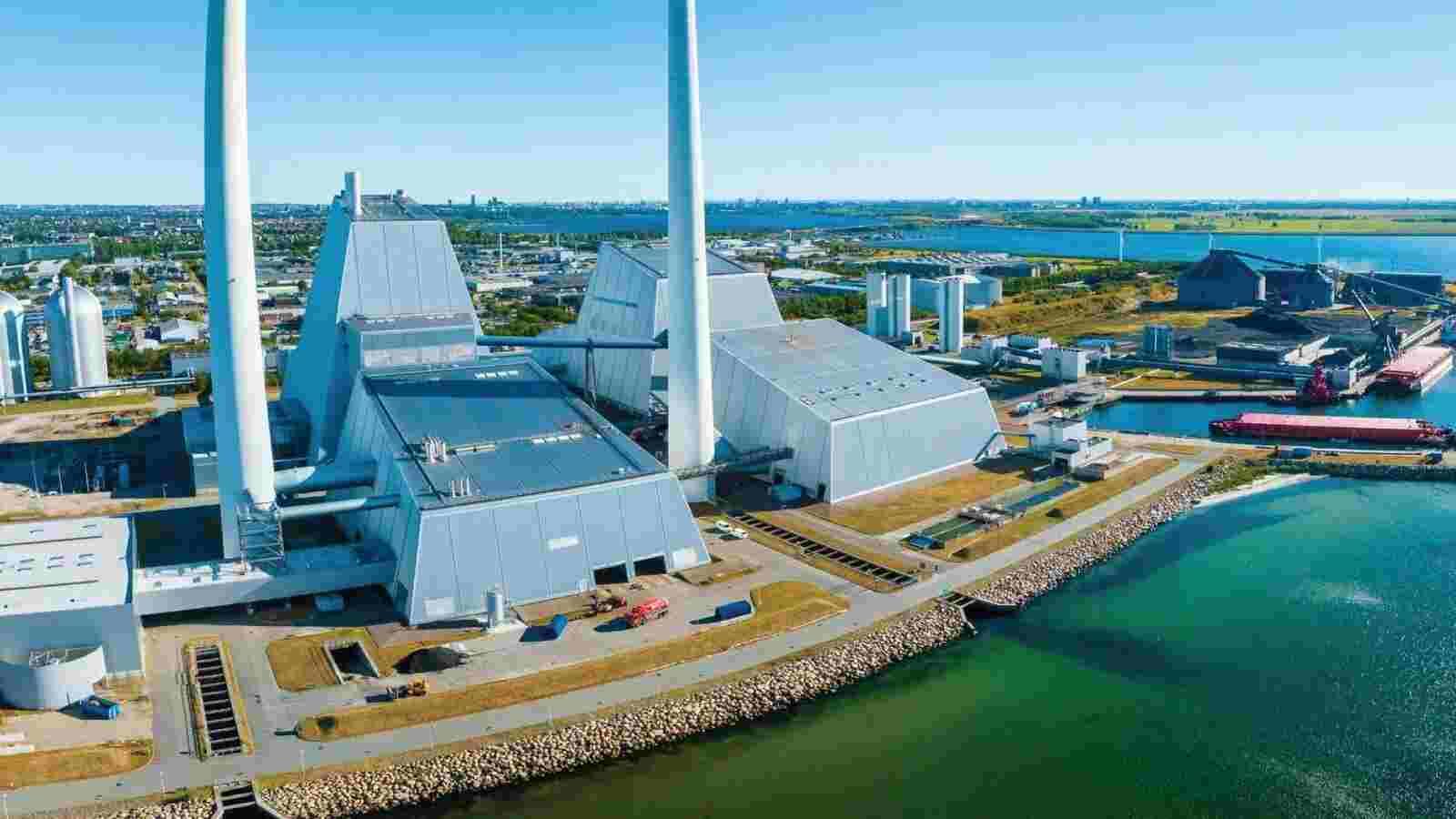The idea of peak oil has been a topic of discussion for decades, with varying predictions about when the world will reach the point where oil demand begins to decline permanently. As global energy consumption shifts towards renewable sources, the concept of "peak demand" for fossil fuels is gaining increasing relevance. "Peak demand" refers to the point at which the demand for fossil fuels, especially oil, reaches its highest point before starting to decline. This shift in energy consumption is heavily influenced by technological advancements, climate policies, and changing consumer behavior. In this article, we will explore what peak demand means for the fossil fuel industry, the challenges it poses, and the potential opportunities for both the energy sector and the global economy.
Understanding Peak Demand for Fossil Fuels
Peak demand for fossil fuels refers to the point in time when the global demand for oil, natural gas, and coal reaches its highest level before beginning a long-term decline. This phenomenon is closely tied to shifts in energy consumption, technological progress, and environmental considerations. As the world moves towards cleaner, more sustainable energy sources like wind, solar, and hydrogen, the demand for fossil fuels is expected to peak and then decrease.
Peak demand does not necessarily mean the end of the fossil fuel industry, but it does signify a turning point. For decades, fossil fuels have been the backbone of the global economy, powering industries, transportation, and electricity generation. However, as governments and corporations make concerted efforts to reduce carbon emissions, renewable energy sources are gradually taking over, challenging the dominance of fossil fuels.
The Impact of Renewable Energy on Fossil Fuel Demand
The growing shift towards renewable energy is one of the main factors contributing to the potential for peak demand in the fossil fuel industry. Wind, solar, and other renewable sources of energy are becoming increasingly cost-competitive with fossil fuels, making them attractive alternatives for both individuals and businesses. As the costs of renewable technologies continue to fall, their adoption is expected to accelerate, leading to a decline in the demand for fossil fuels.
The rise of electric vehicles (EVs) is another major contributor to this shift. As more people adopt EVs, the demand for oil as a fuel source will continue to decrease. Additionally, advancements in battery technology and energy storage systems will make renewable energy more reliable and accessible, reducing the need for fossil fuels in electricity generation and other sectors.
The Role of Climate Policy in Shaping Peak Demand
Climate policies are playing an increasingly important role in shaping the future of fossil fuel demand. Many countries have set ambitious goals to achieve net-zero emissions by the middle of the century. These policies aim to reduce reliance on fossil fuels and promote the adoption of cleaner energy sources. Carbon pricing, subsidies for renewable energy, and regulations aimed at reducing emissions from transportation and industrial sectors are driving the transition to a low-carbon economy.
Governments around the world are also implementing stricter emissions standards and providing incentives for the development of clean technologies. These measures are not only helping to curb the use of fossil fuels but also accelerating the transition to renewable energy, which further pressures the fossil fuel industry to adapt.
Economic Implications of Peak Demand for the Fossil Fuel Industry
For the fossil fuel industry, peak demand represents both a challenge and an opportunity. On the one hand, as demand for oil and gas peaks and eventually declines, companies that have relied on fossil fuels for profit may experience financial pressures. As the world shifts to cleaner energy sources, fossil fuel companies may face declining revenues and reduced market share.
On the other hand, this shift also presents new opportunities for innovation and diversification. Many fossil fuel companies are already investing in renewable energy projects and diversifying their portfolios to include solar, wind, and hydrogen energy. By embracing the transition to cleaner energy, these companies can position themselves for long-term growth in an evolving energy landscape.
How Fossil Fuel Companies Are Adapting to Peak Demand
Recognizing the growing pressure to adapt to peak demand, many fossil fuel companies are diversifying their business models. Some are investing heavily in renewable energy projects, such as solar farms, wind turbines, and energy storage solutions. These investments not only help reduce their carbon footprints but also position them to benefit from the growing demand for clean energy.
Additionally, fossil fuel companies are exploring ways to reduce their environmental impact through carbon capture and storage (CCS) technologies. By capturing carbon emissions and storing them underground, these companies aim to reduce their contribution to global warming while continuing to produce fossil fuels.
What Peak Demand Means for Global Energy Markets
Peak demand for fossil fuels will have profound implications for global energy markets. As the world transitions to renewable energy, the demand for fossil fuels is expected to decline, leading to a shift in market dynamics. The growth of renewable energy markets will create new investment opportunities, while the fossil fuel sector will need to adapt to changing consumer preferences and regulatory pressures.
At the same time, countries that are heavily dependent on fossil fuel exports may face economic challenges. For instance, oil-producing nations may experience a decline in revenues as global demand for oil decreases. This could result in shifts in geopolitics, as countries adapt to a changing energy landscape and diversify their economies away from fossil fuel dependency.
For More Info : https://bi-journal.com/peak-oil-demand-fossil-fuel-future/
Conclusion
Peak demand marks a significant turning point for the fossil fuel industry. While the decline in demand for oil, coal, and gas presents challenges for traditional energy companies, it also offers opportunities for innovation and transformation. As renewable energy sources continue to gain traction and climate policies push for a low-carbon future, the fossil fuel industry must adapt to remain competitive. The transition to cleaner energy is not just a necessity for combating climate change; it also represents a new era in global energy markets.

